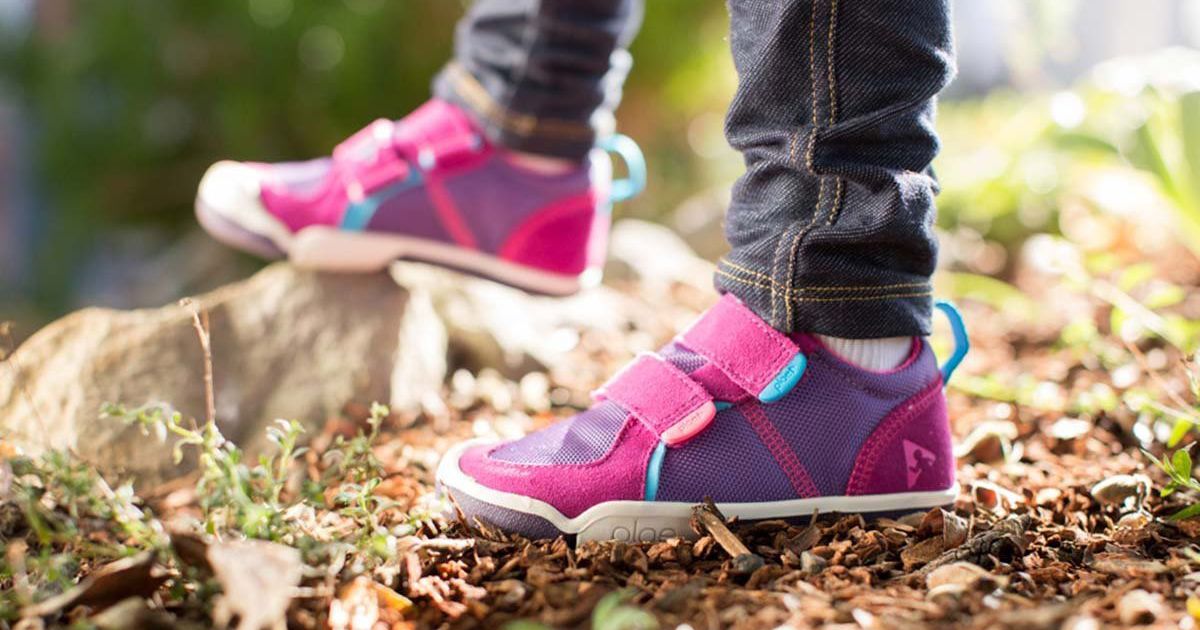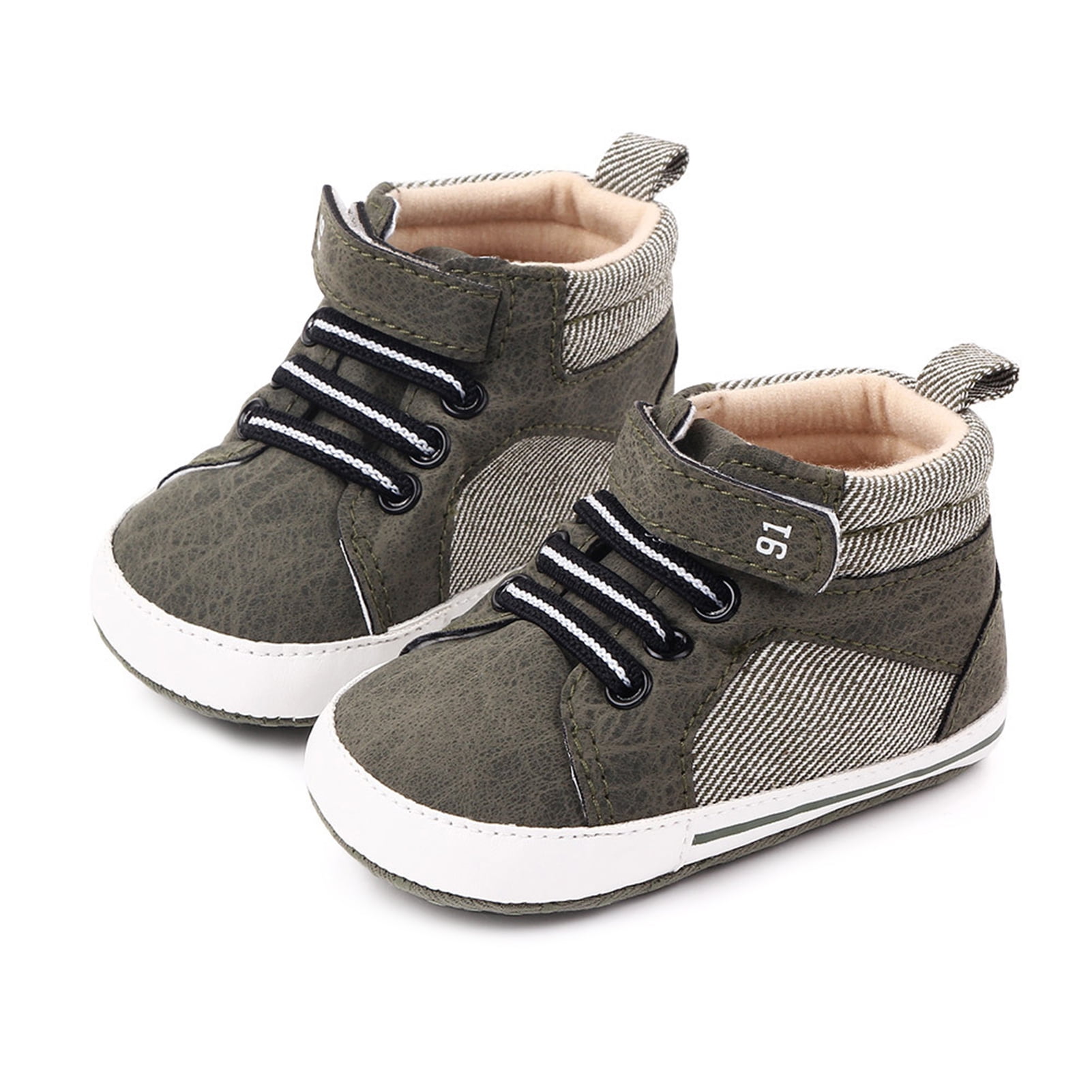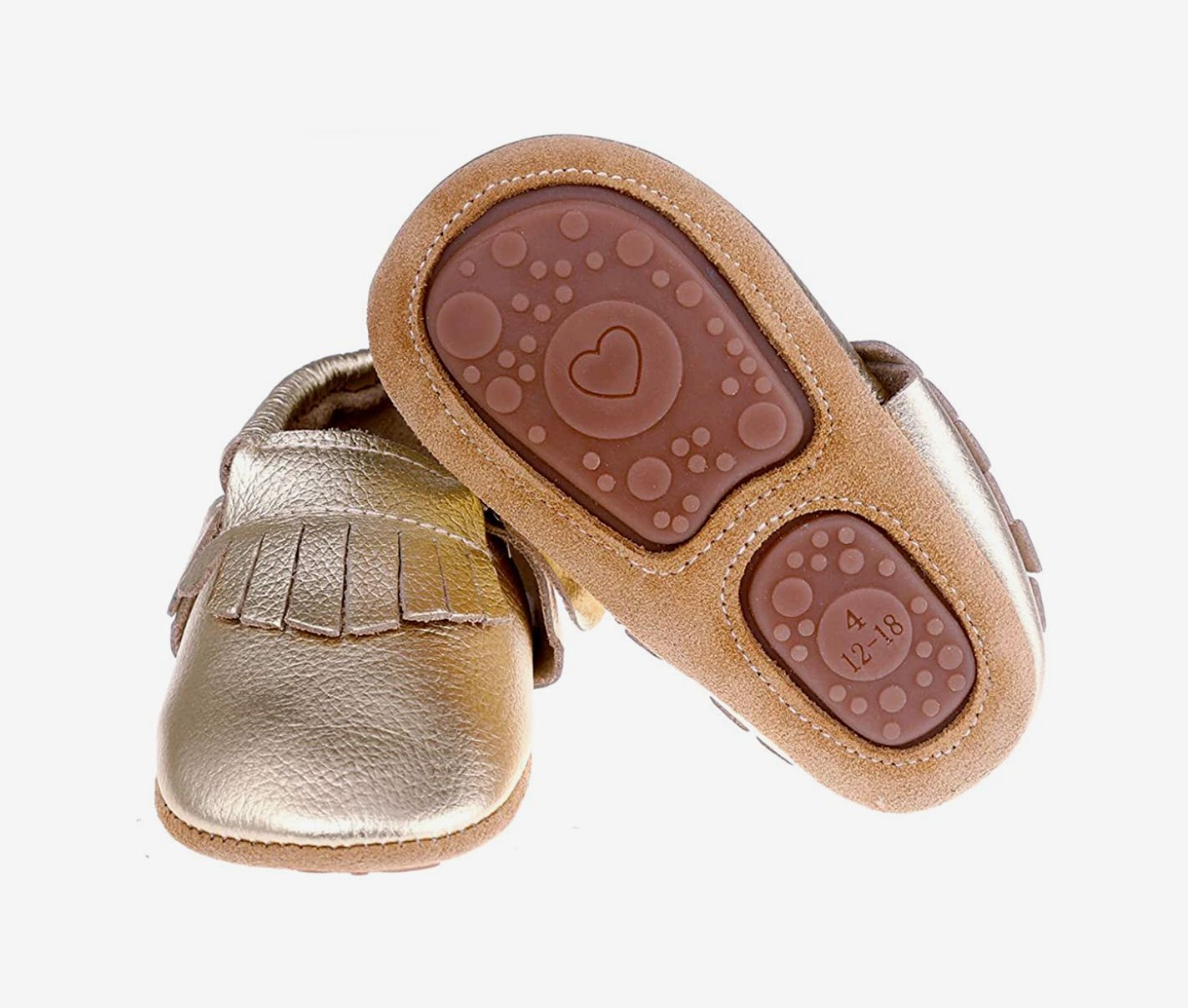When your little one takes their first steps, it’s an exciting milestone! However, it’s essential to choose the right shoes for one-year-olds to ensure their feet develop healthily while keeping them comfortable and stylish. In this guide, we’ll explore everything you need to know about selecting the best footwear for your toddler, combining practical advice, case studies, and expert recommendations.
Understanding the Importance of Proper Footwear for Toddlers
Why Shoes Matter for One-Year-Olds
As your child begins to walk, the shoes they wear play a vital role in their foot development. Pediatricians emphasize the importance of choosing shoes that support healthy growth and movement. According to the American Academy of Pediatrics, toddlers need shoes that allow them to feel the ground beneath their feet, promoting balance and coordination.
- Foot Development: Kids’ feet grow rapidly in their first few years. Shoes that fit well can prevent issues like blisters and calluses.
- Stability: Proper shoes provide necessary support as toddlers learn to walk, run, and explore.
- Protection: Shoes protect little feet from sharp objects, hot surfaces, and cold weather.
Key Features to Look For in Toddler Shoes
- Flexibility: Shoes should bend and flex with your child’s movements.
- Breathability: Opt for shoes made from materials that allow air circulation to keep little feet dry.
- Non-slip Soles: Traction is crucial to prevent slipping on various surfaces.
- Easy to Put On: Look for shoes that are easy to put on and take off, especially with squirmy toddlers!
Types of Shoes for One-Year-Olds
1. First Walkers
These shoes are designed specifically for children who are just beginning to walk. They offer a balance of support and flexibility.
- Pros:
- Soft soles for comfort
- Lightweight for easier movement
- Cons:
- May lack durability if used outdoors
2. Sandals
Perfect for warmer weather, sandals can keep little feet cool while providing some protection.
- Pros:
- Breathable and lightweight
- Easy to clean
- Cons:
- Limited foot support and protection
3. Sneakers
Athletic shoes provide excellent support and are great for various activities.
- Pros:
- Good traction and stability
- Often have padded insoles for comfort
- Cons:
- May be bulkier than other options

4. Booties
Ideal for colder months, booties can keep little feet warm while offering a snug fit.
- Pros:
- Insulation and warmth
- Variety of styles to choose from
- Cons:
- Can be difficult to put on
Real-World Footwear Experiences
Case Study: Sarah’s First Steps
When Sarah turned one, her parents wanted to ensure she had the best footwear for starting her walking journey. They opted for a pair of first walkers made from breathable fabric with a flexible rubber sole. After a month of use, they noticed that Sarah was more confident in her steps, and her feet were developing properly, with no signs of discomfort or blisters.

Comparing Popular Toddler Shoe Brands
We did some research and compared popular brands in the toddler shoe market to help you make an informed decision. Here’s a table summarizing the key features of each brand:
| Brand | Type of Shoe | Flexibility | Price Range | Notable Features |
|---|---|---|---|---|
| Stride Rite | First Walkers | High | $40-$60 | Memory foam insole |
| Native Shoes | Sandals | Medium | $30-$50 | Waterproof, lightweight |
| New Balance | Sneakers | High | $45-$70 | Arch support, durable |
| UGG Australia | Booties | Medium | $60-$80 | Insulated, stylish |

Tips for Choosing the Right Shoes for One-Year-Olds
Measure Your Child’s Feet Regularly
Children’s feet grow rapidly, so it’s important to measure them every couple of months. Use a Brannock device or visit a local shoe store for a professional fitting to ensure the right size.
Prioritize Comfort Over Style
While it’s tempting to choose shoes based on appearance, always prioritize fit and comfort. Your toddler will be more willing to wear shoes that don’t pinch or rub against their feet.

Look for Adjustable Features
Shoes with adjustable straps, buckles, or elastic can accommodate growing feet better and ensure a snug fit.
Observe Your Child’s Walking Patterns
Pay attention to how your child walks in their shoes. If they seem unsteady or stumble often, it might be time to reconsider their footwear.

Product Highlights
Best First Walker Shoes: Stride Rite Soft Motion
Known for their quality, Stride Rite offers a range of first walker shoes that support confidence in early walkers. Made from soft material with a flexible rubber sole, they accommodate little feet perfectly.
- Pros: Excellent support, stylish designs
- Cons: Limited in color options
Best Toddler Sandals: Native Shoes Jefferson
These lightweight sandals are perfect for summer adventures! They are made from a waterproof material that is easy to clean, making them ideal for messy play.
- Pros: Comfortable, quick-dry
- Cons: Less support compared to closed shoes

Best Toddler Sneakers: New Balance 888
These sneakers provide fantastic arch support and durability, making them suitable for active toddlers. Their trendy designs also appeal to little fashion enthusiasts.
- Pros: Great support, long-lasting
- Cons: Pricey compared to other options
Best Toddler Booties: UGG Australia Cozy Knit Booties
If you’re looking for warmth without sacrificing style, these booties are a great choice. They provide insulation while being easy to slip on.
- Pros: Stylish and warm
- Cons: Bulky for some activities

Pros and Cons of Buying Shoes Online vs. In-Store
Buying Online
- Pros:
- Wide selection
- Often lower prices and discounts
- Convenience of shopping at home
- Cons:
- Difficult to ensure the right fit
- Potential for delays in shipping
Buying In-Store
- Pros:
- Immediate access to products
- Ability to try on and ensure the right fit
- Personal customer service and expert advice
- Cons:
- Limited selection compared to online
- Potential for higher prices
Frequently Asked Questions (FAQs)
1. What size shoe does a one-year-old typically wear?
Children’s shoe sizes can vary widely, but most one-year-olds wear sizes 3 to 5, depending on their specific growth and development.
2. How often should I buy new shoes for my toddler?
It’s recommended to check your child’s shoe fit every two to three months, as their feet grow rapidly during this stage.
3. Are soft soles better for toddlers?
Soft soles can provide comfort and flexibility, allowing toddlers to feel the ground and develop balance. However, it’s essential to ensure they offer enough protection.
4. Can my child wear shoes indoors?
While it’s usually encouraged to allow toddlers to go barefoot indoors for foot development, soft, flexible shoes can be worn for added protection, especially if the flooring is hard.
5. What should I do if the shoes rub against my child’s feet?
If shoes are causing discomfort, try adjusting the fit or switching to a different style or brand with a more accommodating design.
6. How do I properly clean toddler shoes?
Most toddler shoes can be spot-cleaned with mild soap and water. For fabric shoes, check the manufacturer’s guidelines for machine washing.
7. Can my child wear hand-me-down shoes?
It’s best to avoid hand-me-down shoes, as the original fit may not suit your child’s feet. Shoes lose their shape and support over time and may contribute to foot problems.
8. Are there specific brands recommended for toddlers with wide feet?
Brands like Stride Rite and New Balance often cater to wider foot sizes, offering options that provide ample room and support.
9. How should I store my child’s shoes?
Store shoes in a cool, dry place, ideally in a breathable box or a dedicated shelf. This helps maintain their shape and prevents any odorous buildup.
Conclusion
Choosing the right shoes for one-year-olds is a vital step in ensuring healthy foot development while keeping little feet comfortable and stylish. By considering factors like fit, material, and design, you can make informed decisions that benefit your child as they explore the world. Whether it’s first walkers, adorable sandals, or supportive sneakers, the right footwear will encourage your little adventurer to take confident steps forward.
Always prioritize comfort and flexibility, and don’t hesitate to reach out for professional fitting assistance if needed. With the right shoes, your child will be ready to conquer every adventure life has to offer!
Additional Resources:
- American Academy of Pediatrics: Shoe Recommendations for Children
- HealthyFeetStore: Understanding Toddler Foot Development
- CDC: Child Development
The information provided in this article is for educational purposes only and is not a substitute for professional medical advice. Always consult with a healthcare provider regarding your child’s health and development.